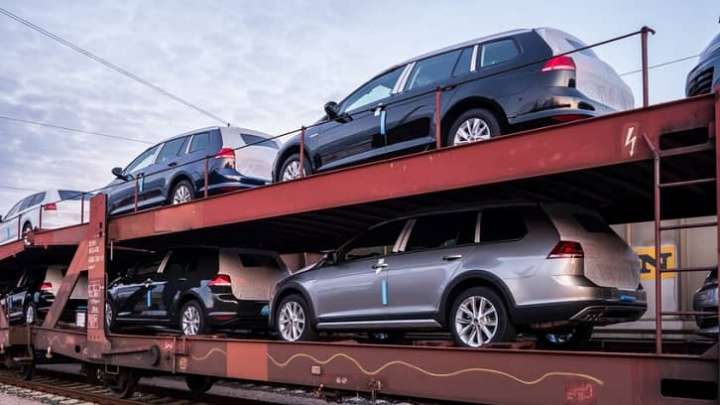Why Imported Cars Have a Lower Market Value in Dubai
Dubai’s automotive market is renowned for its luxury vehicles and diverse car offerings. While imported cars often attract buyers with lower price tags, they tend to have a diminished market value in Dubai. This depreciation is mainly due to several hidden risks associated with such vehicles.
Understanding these factors is crucial for prospective buyers to make informed decisions. Let’s find out why imported cars have a lower market value in Dubai.
Understanding Imported Cars in Dubai
An imported car in Dubai refers to a vehicle brought into the country from abroad, differing from those manufactured or assembled specifically for the Gulf Cooperation Council (GCC) region. GCC-spec cars are designed to meet the unique environmental and regulatory standards of the Gulf countries, ensuring optimal performance in local conditions.
In contrast, non-GCC spec cars, often imported from countries like the USA, Japan, and Germany, may not adhere to these standards, leading to potential issues.
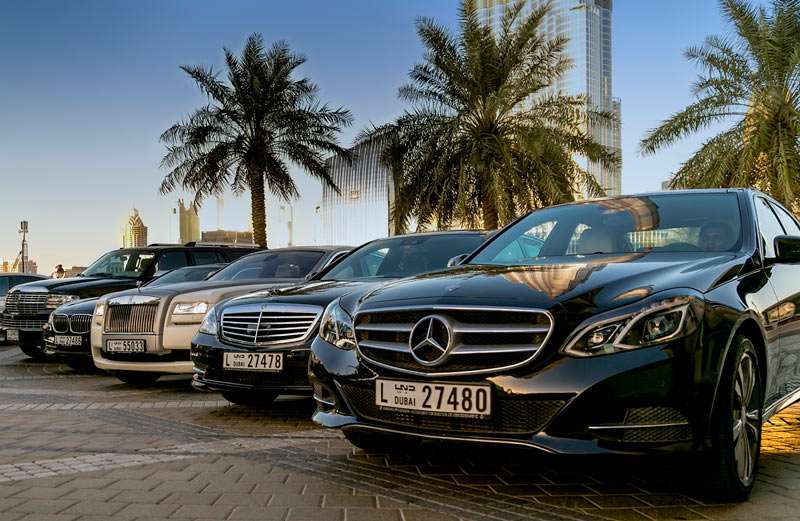
Hidden Risks Associated with Imported Cars
Here are some of the risks that might be associated with imported cars.
Salvage Titles and Accident Histories
Many imported vehicles arrive with salvage titles, indicating they have been previously damaged or deemed total losses by insurance companies. Verifying the true history of such vehicles can be challenging, and undisclosed past damages can compromise safety and reliability.
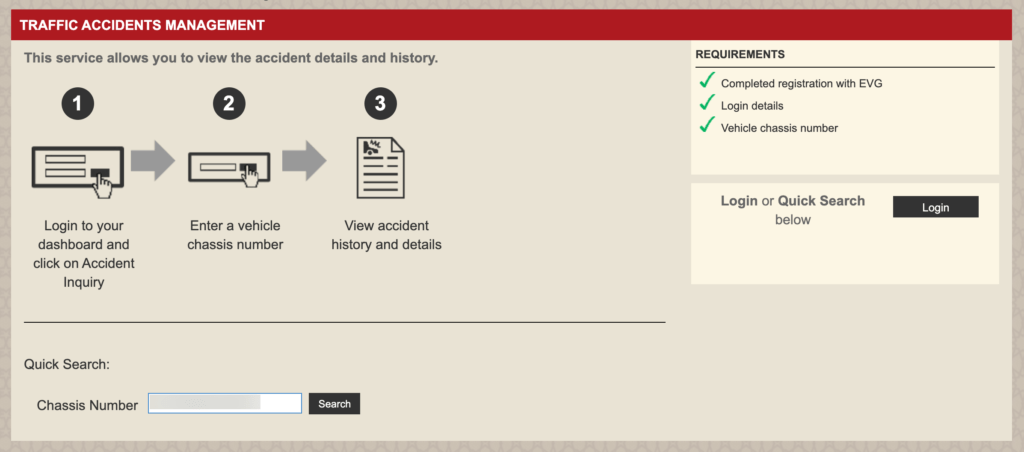
Non-Compliance with UAE Regulations
Vehicles manufactured for markets outside the GCC often do not comply with UAE regulations. Differences can include variations in safety features, emission standards, and lighting systems. Modifying these vehicles to meet local standards can be costly and time-consuming.
Warranty and Service Challenges
Imported cars may lack valid warranties in the UAE, leaving owners without manufacturer support for repairs. Additionally, sourcing spare parts can be difficult, leading to longer downtimes and higher maintenance costs.
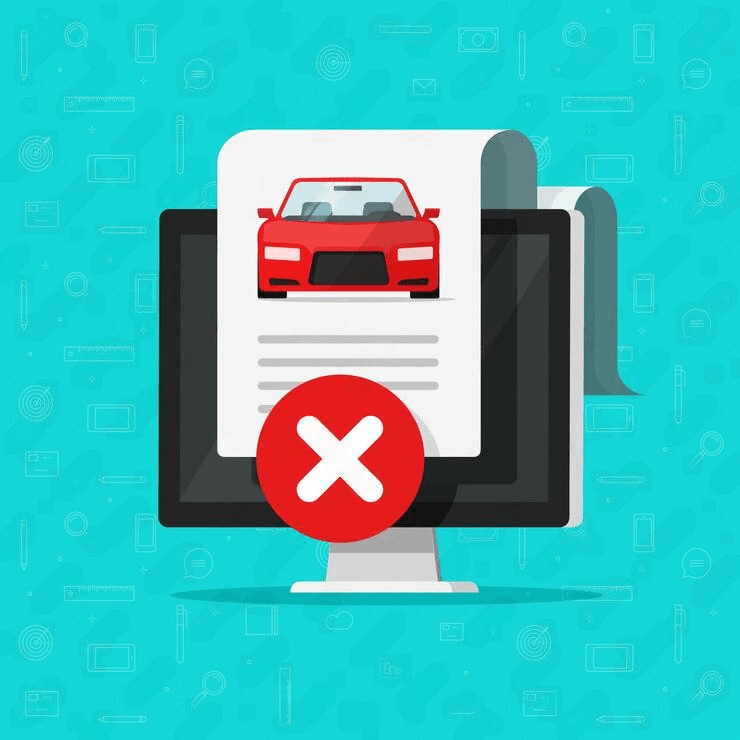
Insurance Complications
Insuring non-GCC spec cars can be more expensive due to perceived higher risks. Some insurance companies may even refuse coverage for certain imported vehicles, limiting options for owners.
Environmental and Climatic Unsuitability
Dubai’s extreme heat and sandy conditions pose challenges for vehicles not designed for such environments. Issues can include inadequate cooling systems, air conditioning failures, and accelerated wear and tear, leading to increased maintenance expenses.

Financial Implications
Imported cars often depreciate faster than their GCC-spec counterparts. Factors contributing to this accelerated depreciation include lack of warranty, service challenges, and potential non-compliance with local standards.
Furthermore, the demand for imported cars in Dubai’s secondary market is relatively low. Prospective buyers are often wary of the hidden risks associated with such vehicles, making it challenging to sell them at a desirable price.
Regulatory and Legal Considerations
Importing a car into Dubai incurs a 5% customs duty on the vehicle’s CIF (Cost, Insurance, and Freight) value. Additionally, a 5% VAT is applied to the total cost, including the customs duty. Other potential costs include port handling and storage fees if the car isn’t cleared promptly.
All imported vehicles must pass an inspection by the Roads and Transport Authority (RTA) to ensure they meet UAE safety and emissions standards. This inspection typically costs between AED 170 and 350. Failure to meet these standards can result in additional modification costs or even the rejection of the vehicle’s registration.
Tips for Prospective Buyers
Here are some tips for potential buyers.
- Conduct Thorough Research: Before purchasing an imported car, investigate its history, including previous ownership, accident reports, and maintenance records.
- Seek Professional Inspections: Engage qualified mechanics to assess the vehicle’s condition and identify any potential issues that may not be immediately apparent.
- Understand Total Cost of Ownership: Factor in all associated costs, including modifications, insurance premiums, maintenance, and potential resale challenges, to gauge the true expense of owning an imported car.
- Explore Certified Pre-Owned Options: Consider purchasing certified pre-owned vehicles from authorized dealers, which often come with warranties and have been inspected to meet local standards.
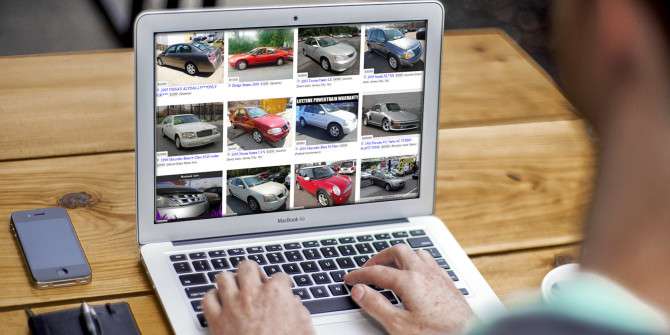
Conclusion
While imported cars in Dubai may offer initial cost savings, the hidden risks associated with them can lead to significant financial and safety concerns. From compliance issues and insurance complications to environmental unsuitability and accelerated depreciation, these factors contribute to their lower market value.
Prospective buyers should exercise due diligence, thoroughly researching and assessing all aspects before making a purchase.

